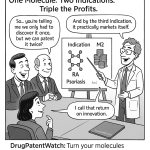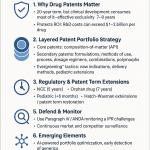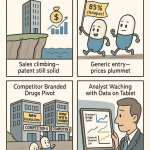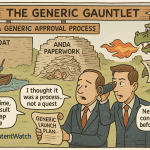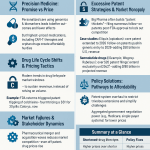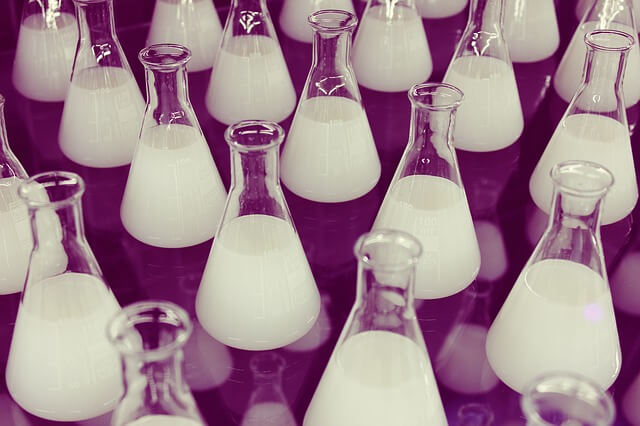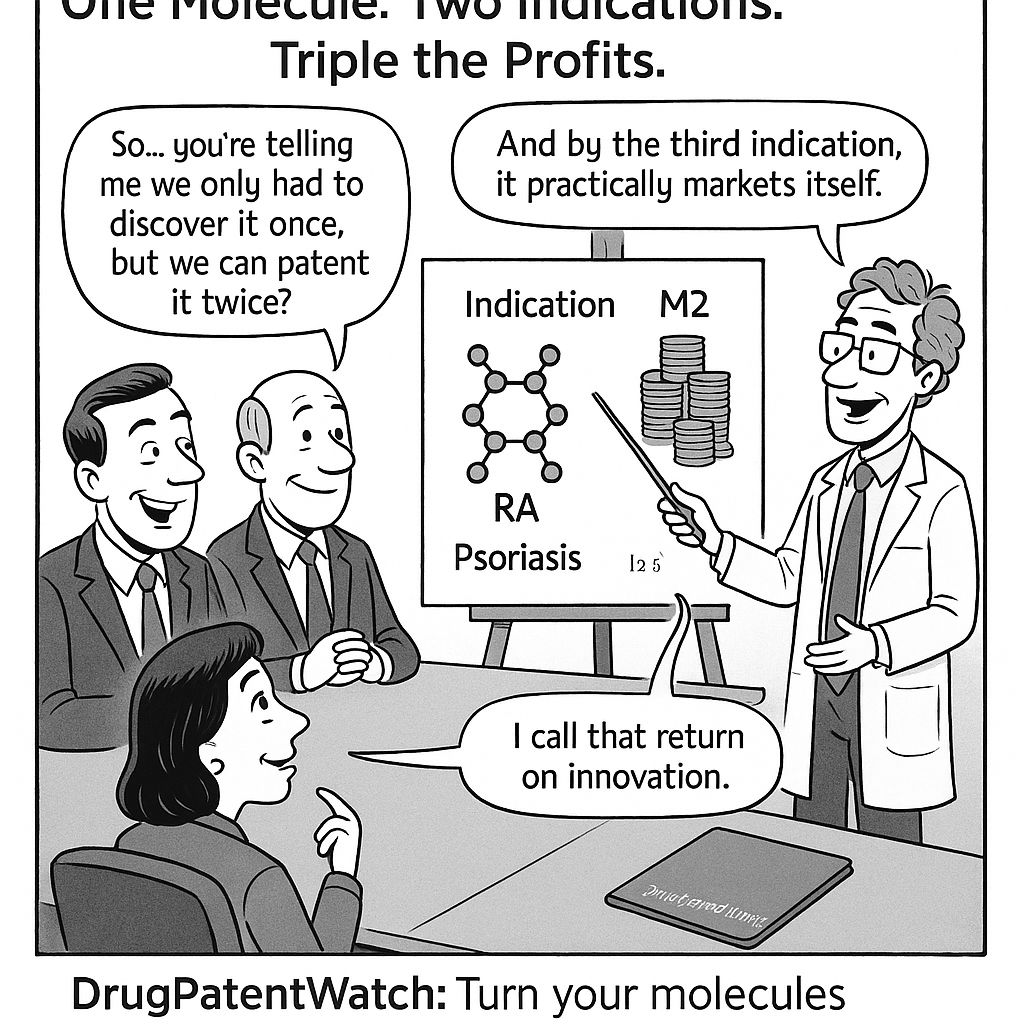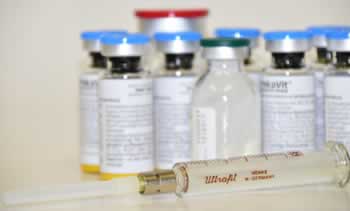Unsuccessful Regulatory Filings for Biosimilar Approval: A Comprehensive Review
Introduction: Why Biosimilar Approvals Fail
The promise of biosimilars — offering patients affordable access to life-saving biologic medicines — is well understood. However, gaining regulatory approval for biosimilars remains notoriously challenging. Despite a growing number of successful approvals, numerous biosimilar applications face rejection, withdrawal, or significant delay due to regulatory hurdles. For industry professionals, understanding these failures is not just academic — it’s strategic.
According to DrugPatentWatch, analyzing unsuccessful biosimilar regulatory filings “can reveal the challenges faced by developers during the approval process, and identify opportunities for others to avoid similar mistakes” (1). In both the U.S. and global markets, repeated failures stem from predictable patterns in manufacturing, analytical similarity, and clinical data. This comprehensive review highlights key reasons for failure, provides instructive case studies, and offers actionable guidance for regulatory success.
“By analyzing unsuccessful regulatory filings, companies can avoid repeating the same mistakes and accelerate their route to approval.” (1)
The Regulatory Landscape for Biosimilars
The U.S. FDA: The 351(k) Pathway
The U.S. biosimilar approval process is governed by the Biologics Price Competition and Innovation Act (BPCIA), which established the 351(k) pathway. This requires manufacturers to demonstrate that their product is “highly similar” to a reference biologic with no clinically meaningful differences in safety, purity, or potency (2).
The EMA and Other Global Authorities
The European Medicines Agency (EMA) pioneered biosimilar pathways in 2004, and remains the most experienced regulator in this space. Similar frameworks exist globally — Japan’s PMDA, Health Canada, and emerging authorities in Korea and China all maintain comparable yet distinct requirements (3).
Statistics: Biosimilar Approvals and Failures
Globally, Europe leads with 126 approved biosimilars (4). The U.S. FDA has approved 50+ biosimilars as of 2025, with around 35 products actively marketed (5). However, dozens of applications have failed — withdrawn, refused, or delayed by Complete Response Letters (CRLs). These failures often share common root causes.
Why Biosimilar Filings Fail
1. Manufacturing and CMC Deficiencies
Manufacturing biologics is inherently complex. Regulators closely examine Chemistry, Manufacturing, and Controls (CMC) data for consistency. Failures here include variability in glycosylation, impurity profiles, or insufficient site GMP certification (6). For instance, Biocon and Mylan’s trastuzumab biosimilar was withdrawn in Europe after GMP issues at Biocon’s plant required re-inspection (7).
2. Analytical Similarity Gaps
Analytical comparability is the backbone of biosimilar approval. Comprehensive studies must confirm that structure, function, and bioactivity align with the reference product. Sandoz’s initial pegfilgrastim (Zioxtenzo) application in Europe was withdrawn after failing to show PK equivalence and lacking GMP certification (8).
3. Clinical Efficacy and Immunogenicity Issues
While regulators increasingly accept analytical data over clinical studies, poor immunogenicity outcomes or inconclusive efficacy data can derail filings. The FDA has issued CRLs where sponsors failed to meet predefined PK endpoints or showed higher immunogenicity rates than expected (9).
4. Regulatory Strategy and Documentation Errors
Some failures stem from poor dossier preparation. Missing modules, insufficient bridging studies (between EU and US reference products), or incomplete risk management plans have led to Refuse to File (RTF) decisions (10).
Case Studies: Lessons from Failure
Biocon/Mylan: Trastuzumab and Pegfilgrastim (EMA)
In 2017, Biocon and Mylan withdrew two biosimilar filings in Europe due to outstanding GMP issues (7). The EMA required re-inspections of Biocon’s production facility. Rather than risk rejection, the companies withdrew and later resubmitted after corrective actions.
Sandoz: Pegfilgrastim (Zioxtenzo) (EMA)
Sandoz’s application for Zioxtenzo was withdrawn after failing PK comparability and GMP certification issues. These deficiencies delayed approval until additional data and inspections resolved concerns (8).
Alvotech: Adalimumab (FDA)
Alvotech received multiple CRLs for its Humira biosimilar AVT02 due to FDA manufacturing concerns identified during Icelandic plant inspections. The company committed to remediation and refiled, highlighting how manufacturing oversight remains a top pitfall (11).
BioPartners: Interferon-α (EMA Refusal)
An early biosimilar effort, BioPartners’ interferon-α was refused by the EMA due to inadequate analytical similarity and manufacturing inconsistencies (12). This case underscored the importance of stringent comparability data.
The Most Common Regulatory Feedback
| Cause of Failure | Frequency in Public Cases |
|---|---|
| Manufacturing/GMP issues | Very common (Biocon, Alvotech) |
| Analytical similarity gaps | Common (Sandoz, BioPartners) |
| Clinical/immunogenicity | Occasional |
| Regulatory documentation | Occasional |
Expert Opinions on Avoiding Failure
“Sponsors underestimate how critical robust manufacturing controls are for biosimilars. FDA and EMA will not compromise on this.” — Dr. Janet Woodcock, Former Acting FDA Commissioner (13)
“Biosimilars succeed not just on data but on quality management systems that demonstrate consistency over time.” — EMA Biosimilar Guidance, 2023 Update (3)
How Companies Can Avoid These Pitfalls
1. Robust CMC from Day One
Invest early in Quality by Design (QbD) principles. Secure GMP certification for all sites well before submission.
2. Comprehensive Analytical Packages
Use orthogonal methods to build irrefutable similarity data. Anticipate regulators’ questions with thorough statistical justification.
3. Clinical Strategy Aligned to Risk
Where clinical data is needed, over-recruit and power studies conservatively. Immunogenicity risks should be proactively addressed with mitigation plans.
4. Strategic Regulatory Planning
Engage regulators early via scientific advice meetings. Align submissions with reference products’ jurisdictions to avoid unnecessary bridging requirements.
5. Utilize Competitive Intelligence Tools
Platforms like DrugPatentWatch help identify existing patents, regulatory timelines, and market dynamics — mitigating surprises late in development (1).
What the Future Holds for Biosimilar Approvals
The regulatory landscape continues to evolve. The FDA and EMA are aligning standards through ICH Q5A/B/C updates. Agencies now accept totality-of-evidence approaches more readily, but expectations for data robustness remain unchanged. Emerging markets are tightening requirements, meaning global strategies must account for evolving standards.
Key Takeaways
- Manufacturing readiness is non-negotiable. CMC and GMP issues remain the top causes of failure.
- Analytical comparability must be bulletproof. Flawed PK/PD studies or bioassays often lead to withdrawals.
- Clinical trials require conservative design. Immunogenicity concerns remain a wildcard.
- Strategic filing preparation matters. Poor documentation or bridging strategies derail approvals.
- Competitive intelligence reduces risk. Tools like DrugPatentWatch inform smarter strategies.
FAQs
1. Why do so many biosimilars fail to secure approval?
Failures typically stem from GMP issues, poor analytical similarity, or weak clinical data.
2. How do EMA and FDA requirements differ for biosimilars?
EMA has longer experience and often clearer guidance; FDA’s interchangeability is unique. Both require high similarity and robust CMC.
3. Can a rejected biosimilar be resubmitted?
Yes, after addressing regulatory concerns. Biocon, Sandoz, and Alvotech have all successfully done this.
4. What role does DrugPatentWatch play in biosimilar strategy?
It helps identify patent risks, competitor strategies, and regulatory patterns — reducing late-stage surprises (1).
5. Are biosimilar approvals becoming easier?
Not necessarily easier, but better understood. Agencies now offer clearer guidance, but data expectations remain high.
Sources
- DrugPatentWatch. Why Biosimilar Approvals Fail: Lessons from Refusals and Withdrawals. https://www.drugpatentwatch.com
- FDA. Biosimilars Action Plan. 2024 Update.
- EMA. Biosimilar Medicines: Regulatory Overview. 2024.
- GaBI Online. European Biosimilar Approvals, 2025 Update.
- FDA Biosimilar Dashboard. 2025.
- Biopharm International. The Impact of CMC on Biosimilar Approvals.
- EMA Public Assessment Reports. Biocon/Mylan Withdrawals, 2017.
- EMA. CHMP Zioxtenzo Withdrawal Assessment, 2017.
- FDA CRL Letters, Public Summaries 2022-2024.
- FDA Refuse to File Database, 2025.
- Alvotech Press Releases, 2023-2024.
- EMA Refusal Public Assessment Report: BioPartners Interferon-α.
- Interview, Dr. Janet Woodcock, FDA Review Roundtable, 2023.



